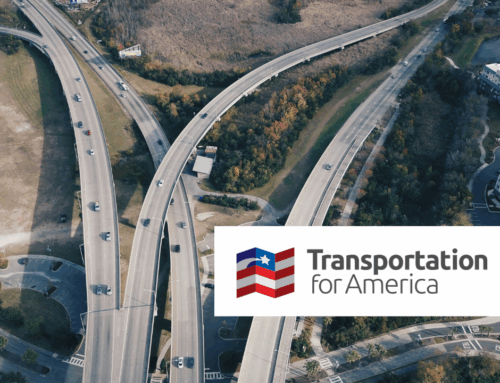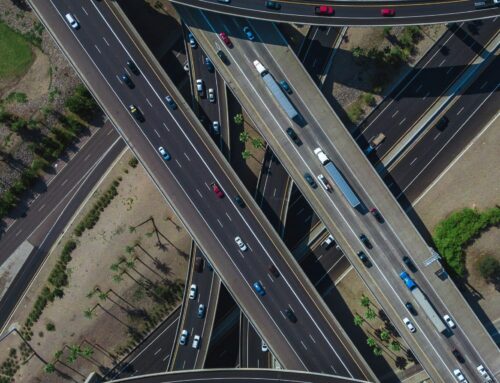Industries pleading the government for financial help in the wake of September 11th have become too commonplace in Washington. Each claims to have a dire need, but, in reality, many have sought help for business failures that existed prior to the attacks. Now the insurance industry is attempting to take their turn, saying that without federally subsidized terrorism reinsurance, they will be unable to cover claims for future attacks.
Insurance companies can easily pay out the estimated $40 billion in claims stemming from the September 1lth. But the industry argues that it will take several years for insurance companies to rebuild the capital they would need for claims should another catastrophic attack occur.
According to experts, the industry is currently able to cover tens of billions in additional claims. Despite this fact, many insurers and reinsurers – the companies that insure insurance companies – have either dropped coverage or raised premiums dramatically in recent weeks, claiming that they cannot afford future claim payouts.
Furthermore, with 70% of reinsurance policies for property and casualty insurance set to expire at the end of the year, observers are worried that many businesses will have to shut down if insurance companies refuse to extend coverage or charge too much for renewals.
The Administration and Congress have been working with the industry to craft a plan that would put the government squarely in the reinsurance business that would force taxpayers to potentially cover billions of dollars in terrorism claims.
The industry has proposed creating a new company that would pool collected premiums. Companies would then use the money to buy reinsurance from the government, forcing taxpayers to be the real reinsurers.
Current proposals suffer many flaws. They lack a uniform definition of terrorism and war, opening the door to endless litigation regarding which claims should be covered and which should not. Nor do the proposals contain sunset provisions, providing no exit strategy from the reinsurance business for the government. The government could also crowd out private reinsurers by charging below market rates.
The insurance industry should be required to assume the initial portion of any losses, to prevent insurers from assuming irrational risks thinking that the government will bail the industry out from whatever mistakes they make.
The federal government should be wary of any plan that would lead them into becoming the permanent insurer of last resort. Otherwise an odd legacy of the September 11th attacks, would be a huge insurance subsidy at taxpayer expense.










